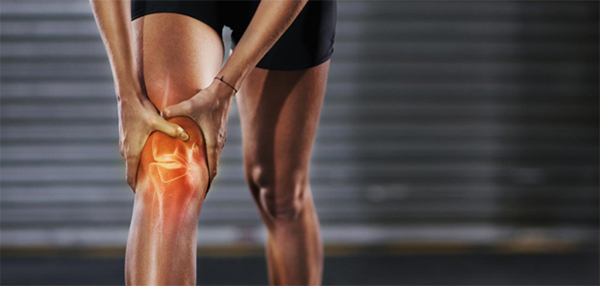
Knee replacement is one of the most common surgeries in the U.S., with nearly 800,000 performed each year. Advances like robotic technology are now transforming these procedures and improving outcomes. Let’s explore how robotics is changing knee replacement surgery.
Unmatched Precision and Accuracy
One of the most significant advantages of robotic-assisted knee replacement is the unparalleled precision it offers. Traditional knee replacement surgery relies heavily on the surgeon's skill and experience. In contrast, robotic systems provide real-time feedback and detailed 3D imaging, allowing surgeons to plan and execute the procedure with pinpoint accuracy. This precision ensures the artificial knee is perfectly aligned, reducing the risk of complications and improving the longevity of the implant.
Tailored Surgical Plans for Optimal Outcomes
Robotic technology enables the creation of highly personalized surgical plans tailored to each patient's unique anatomy. Before the surgery, a detailed 3D model of the patient's knee is generated using advanced imaging techniques. This model helps the surgeon to plan the optimal placement of the implant, taking into account the patient's specific bone structure and alignment. Personalized surgical plans lead to better outcomes, as they ensure that the implant fits perfectly and functions naturally.
Minimally Invasive Techniques for Faster Recovery
Robotic-assisted knee replacement often involves a minimally invasive approach, which means smaller incisions and less tissue damage. This approach not only reduces postoperative pain and scarring but also speeds up the recovery process. Patients can expect shorter hospital stays and a quicker return to their daily activities, making the overall experience much more comfortable and convenient.
Accelerated Recovery and Rehabilitation
The precision and minimally invasive nature of robotic-assisted knee replacement contributes to a smoother and faster recovery. Patients experience less pain and swelling, which allows them to start rehabilitation exercises sooner. Early and effective rehabilitation is crucial for regaining strength and mobility, ultimately leading to better long-term outcomes.
As robotic technology advances, patients can look forward to even better outcomes and an improved quality of life. If chronic knee pain is limiting your activities, reach out to us to see if you're a candidate for this cutting-edge procedure and take the first step toward enjoying life to the fullest.
AUTHOR: Dr. Christopher W. Palmer, DO is board certified, fellowship trained Orthopaedic Surgeon at Signature Medical Group in Missouri, specializing in robotic assisted hip and knee replacement. Dr. Palmer has specialized training in the Mako SmartRobotics ™ System with a focus on compassionate, individualized patient care.




